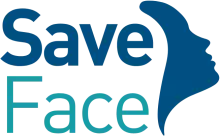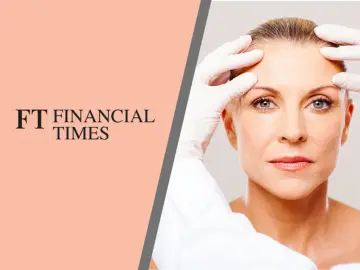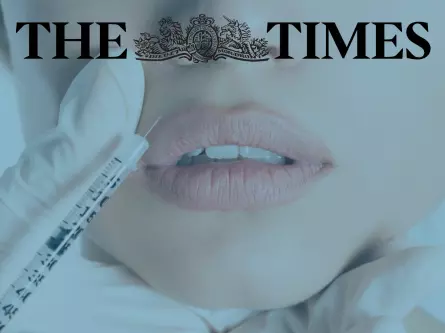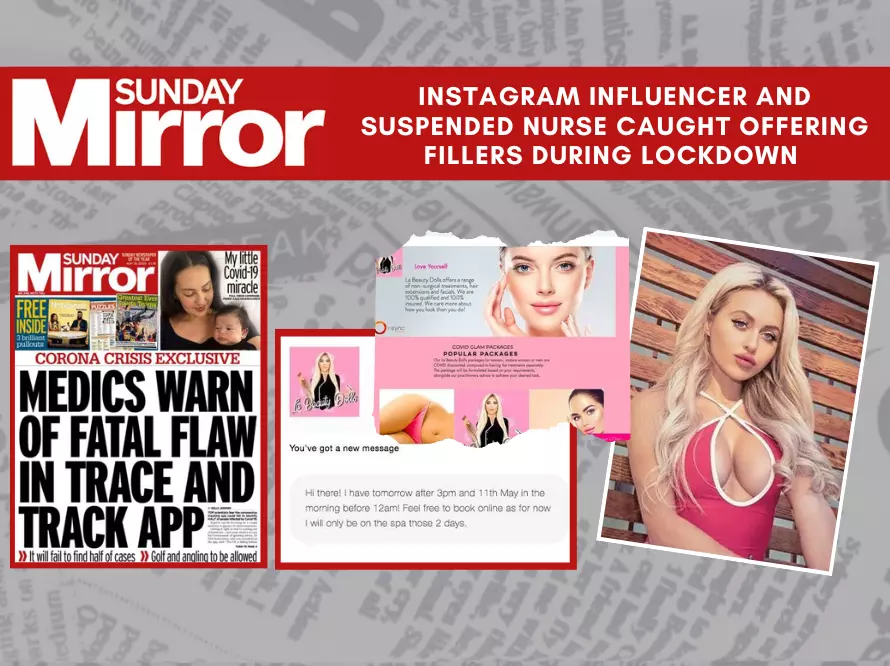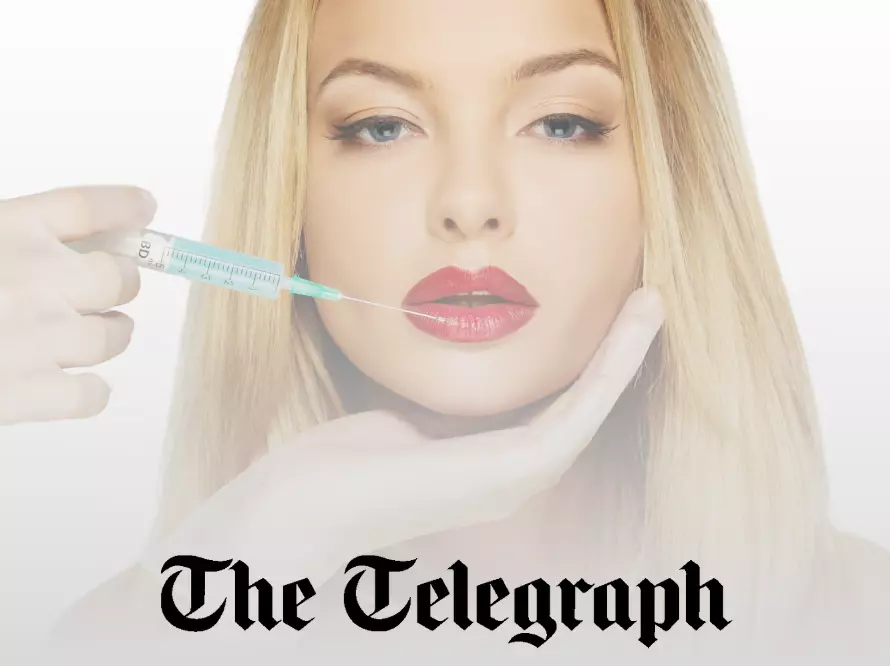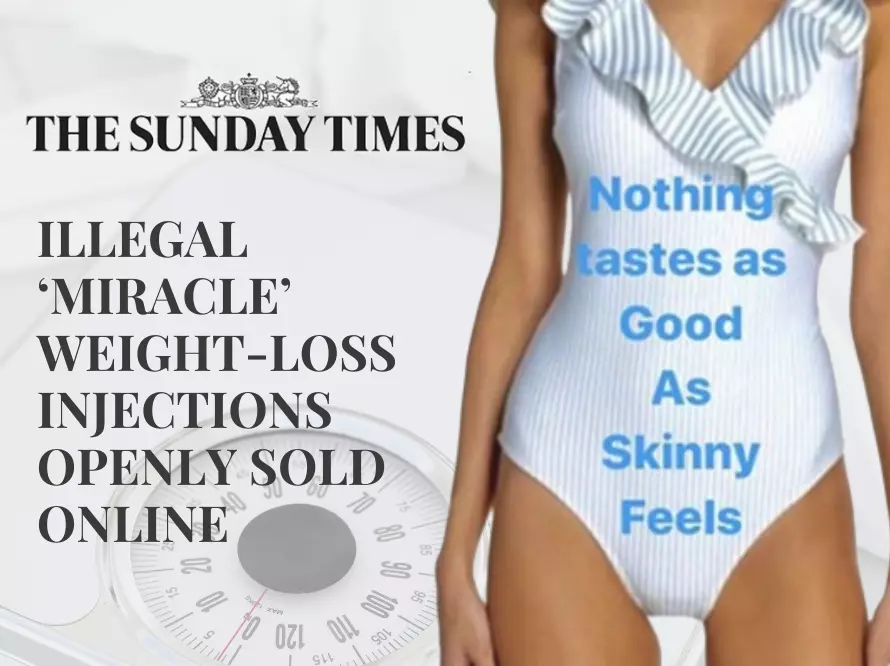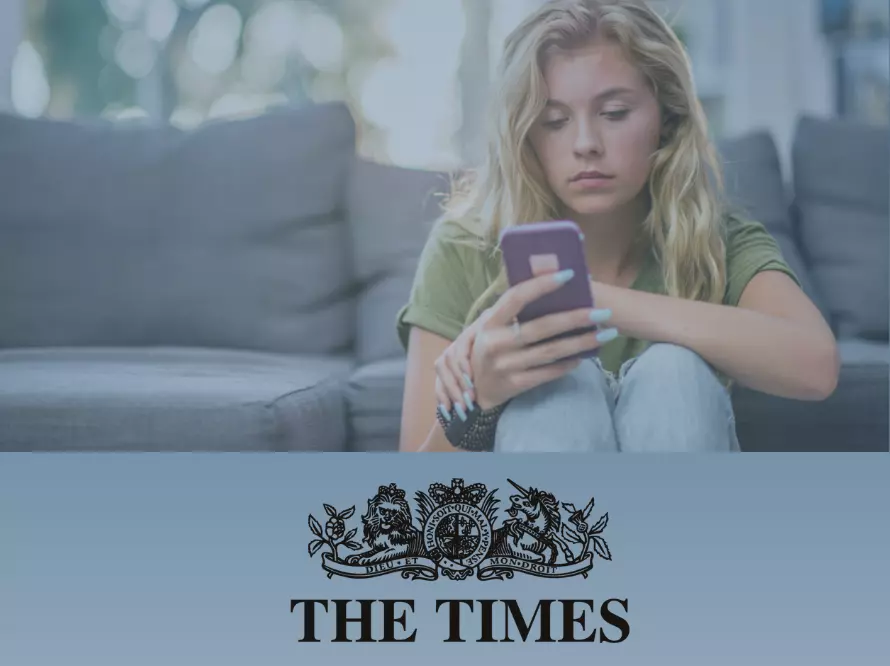Zoom meetings have made many of us more aware — and sometimes insecure — about our appearance, raising demand for cosmetic procedures.
Dr Maryam Zamani received a series of desperate phone calls. As other medical professionals battled Covid-19, Zamani headed to her London clinic to dissolve botched facial fillers. They were injected by women so bothered at not being able to receive their regular treatments while clinics were closed that they purchased fillers online and injected themselves. All three accidentally hit blood vessels, affecting the circulation to their face. If not fixed, the skin tissue could die. Zamani, a renowned facial plastic surgeon, calls it a “lockdown meltdown”.
Fillers typically last around six to 18 months, while Botox lasts around three to four months. Zamani was inundated with complaints from patients that “their faces were falling”. She could sympathise. She felt lucky to have access to Botox at home, so could administer her own top-ups. Lockdown offered some people more time to study, and often obsess over, their appearance, Zamani says. “Even people who [last] saw me in February were desperate, they said they’d aged years in the last three months.” Although clinics were ordered to remain shut, Ashton Collins, director of Save Face, a register of accredited cosmetic practitioners, received 179 complaints between March and June, 80 of which were from patients who had had illicit, botched cosmetic procedures.
These were often done by people with no medical training, in unsafe environments (no PPE, syringes carried in handbags) and resulted in uneven lips, lumpy cheeks, extreme bruising and swelling. Doctors who had complied with regulations, and shut their doors, confirm that what began as mild concern among their patients soon turned to anxiety. UK-based Dr Tracy Mountford, founder of The Cosmetic Skin Clinic, received calls and emails attempting to suborn her into action; “If you’re not opening soon, I’ll just have to go elsewhere.”
Dr Tijion Esho received more direct offers: “I had patients saying, I’ll fly you out, I’ll send a jet — for what? Filler. In a pandemic.” Dr Tijion Esho had patients prepared to ‘send a jet’ to fly him to their home for fillers during the height of the pandemic Facial plastic surgeon Dr Maryam Zamani coins the phrase ‘lockdown meltdown’ for patients desperate for help Former Vogue editor-at-large Fiona Golfar, who runs the cosmetic surgery podcast, The Guinea Pig, with Zamani, understands the heightened desire for procedures. “I think people miss the emotional care as much as the physical — the person who looks after your face, the reassurance you get from that needle going in, it’s an emotional engagement, and a therapeutic engagement,” she says. She also thinks such treatments offer a sense of “control”. During lockdown, she noticed that her jawline, once angular thanks to filler, was becoming a little “jowly’’. It was easy to fixate on it, she says; “a lot of women’s faces weren’t ‘melting’, but they felt that they were.”
Because they qualify as medical services, Zamani, Esho and Mountford were allowed to reopen fully in early June, and they say business has never been busier; Mountford’s has almost doubled compared to last year (some clinics such as Zamani’s remained open earlier for cancer patients or those with medical emergencies, such as dangerous botch jobs). However, beauticians without medical training offering their own injectables (or beauty services other than hairdressing) were unable to reopen until August 15. The camera does not give you an accurate perception of yourself.
People come in complaining about their necks, their eyes, grey skin Facial plastic surgeon Dr Maryam Zamani Joanne Evans, founder of the London-based Skin Matters clinic, worried that the government advice may have pushed people towards injectables or cosmetic surgery when all they needed was a good facial. The attitude for some has been, “If I can’t have a facial, just jab me,” she says. Several doctors report that much of the increased demand is coming from an older clientele, pressured by the sight of their faces on Zoom. A few years ago, Esho coined the term “Snapchat dysmorphia” in response to young women wanting procedures that made permanent the look of their social media filters. Now, as he watches demand for nose jobs go up, he worries that lockdown was giving way to a new dysmorphia: Zoom panic. “The features that are closest to the camera are more disproportionately shown. If you have a hook or bump on your nose you become much more aware of it,” he said. “Zoom has caused a sky-rocket amongst older clientele, anyone 35-plus, because they aren’t the people taking a lot of selfies or spending time on social media, they are not used to seeing themselves on camera.
People were thinking, ‘Oh my god, is that really what I look like’,” agrees Collins. “The camera does not give you an accurate perception of yourself,” says Zamani. “People come in complaining about their necks, their eyes, grey skin.” She tried observing that no one looks good on a Zoom call, but most clients said they were too distracted by themselves to look at anybody else. She has already been doing a lot more Botox on necks. “When you’re sitting at your desk your computer is a little bit lower so people notice their necks a lot more,” she says. “I’m already so booked out on eyelid surgery. A lot of people didn’t go on holiday, so they’ve saved some money. They haven’t been shopping; they haven’t been going to restaurants.” Plastic surgeons say they had to deal with cases of botched facial fillers, where people purchased fillers online and injected themselves, accidentally hitting blood vessels Some patients are taking advantage of extending work-from-home periods to recover from surgery. Zamani expects breast implants, tummy tucks and other invasive procedures will see a spike: “If you’re in the comfort of your own home you don’t have to worry about moving around at work, or the hustle and bustle of the Tube. You can get on a Zoom call and no one can see what’s happened from the neck down.”
In Beverly Hills, California, breast and body work specialist Millicent Rovelo has seen a flood of requests. “With many gyms having been closed for months, many people have found themselves gaining a ‘Covid 15’,” she says, noting she’s seen a “huge uptick” in liposuction requests. Recommended Coronavirus: free to read Loosening lockdowns: tracking governments’ changing coronavirus responses | Free to read Dr Deepak Dugar, another Beverly Hills practitioner who specialises in nose jobs, says that he has never been busier — business is up by 20 per cent year-on-year, despite a fall-off in visits from international clients. “Summer is always my peak because I do nose jobs, and with nose jobs it’s a younger clientele, and they come in during their time off, so summer break, winter break or spring break.” While his business among younger clients remains steady, “the change is the adults,” he says. “Usually they have to schedule something. Now they say, can I come in tomorrow?” He adds: “People can work from home with their bandage on. They are not socialising so much, they are not going into the office, and even if they are doing Zoom meetings, they can always find some clever way to cover it up.”
